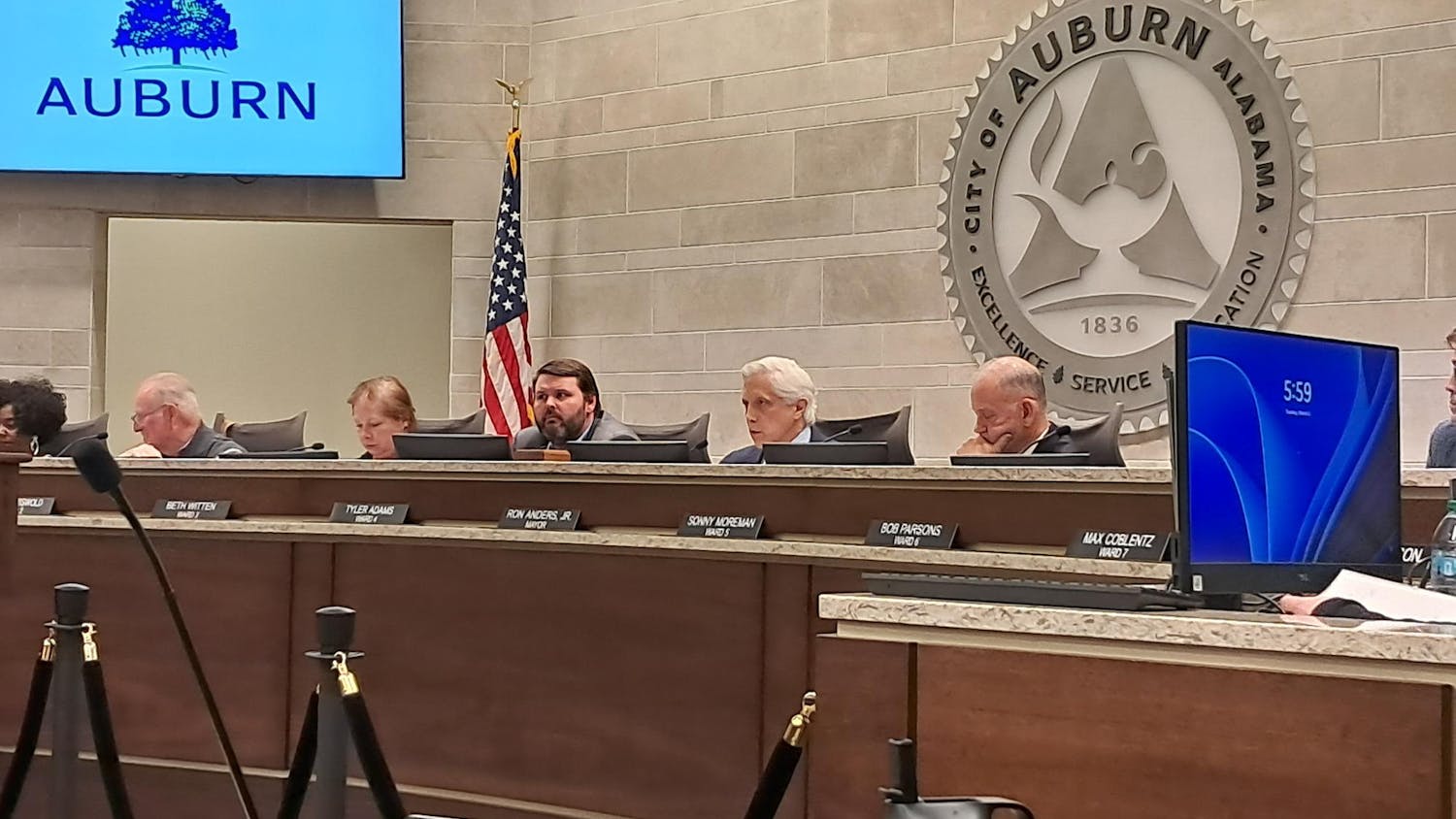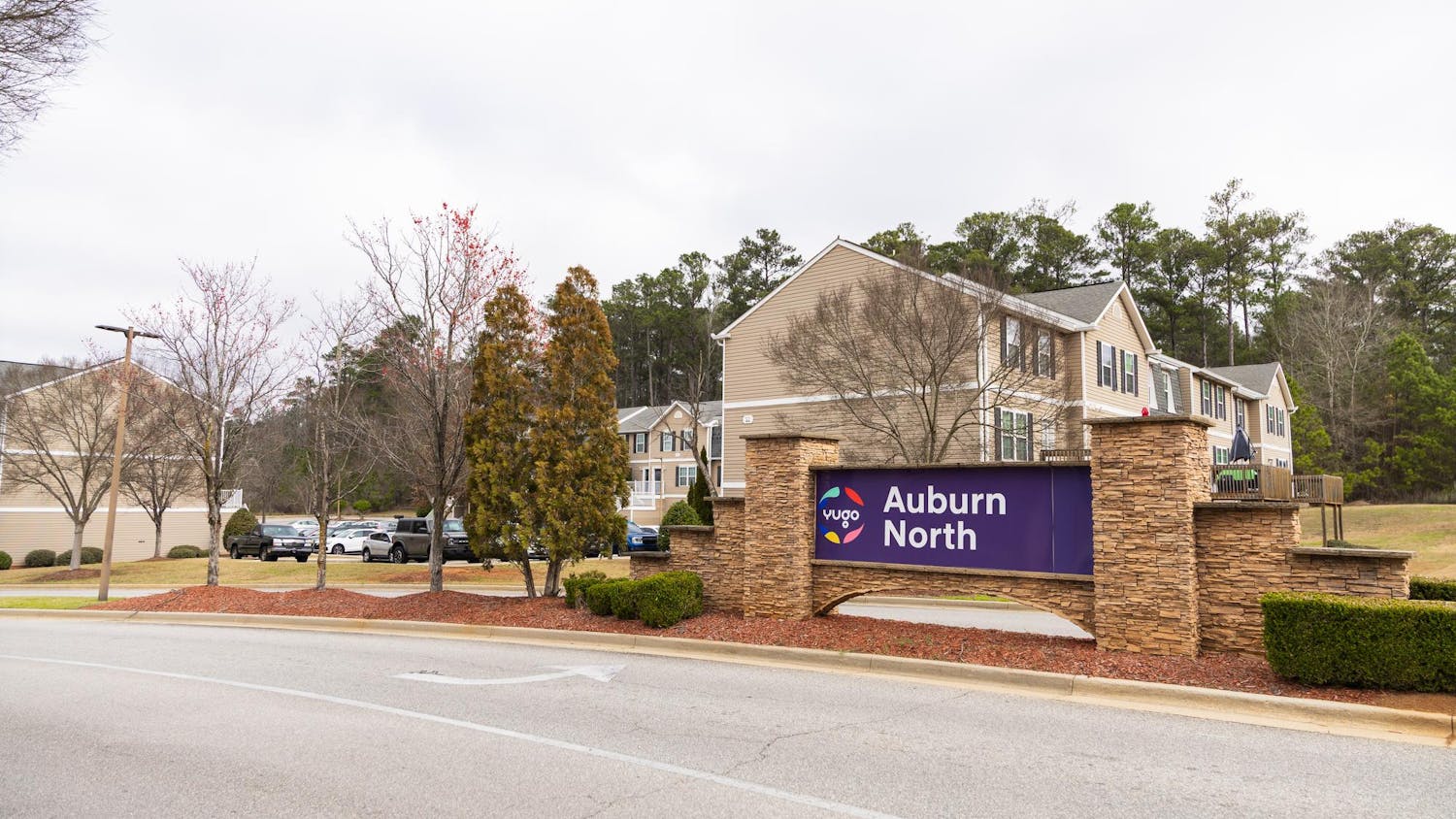A traditional view of politics upholds it as a noble practice where citizens unite to make decisions about how society is to be governed for a common good. This vision of society requires political institutions that allow citizens and communities the power to live according to their values.
Unfortunately, we live in a very different world.
American democracy frequently fails to represent the values and interests of its people through ineffective and restrictive voting procedures designed by politicians and parties to maintain the status quo. Our president’s preemptive remarks about rigged elections and the Democrats’ rhetoric about foreign hacking show that there is a bipartisan (although, opportunistic) concern about democracy in our nation.
Corporatist institutions have taken this democratic crisis as an opportunity to further their own agendas. They claim that voters choose to be “rationally ignorant” about politics, and that learning about politics is hopeless because voters are inescapably irrational. Anti-democratic philosopher Jason Brennan claims “that politics is bad for us, and most of us should, for the sake of our characters, minimize our involvement.”
While the ideologues rally the masses with analytically rigorous complacency, businesses continue their fundraising and lobbying, quite eager to influence the “democratic” system they consider unjustifiable. With Republican allies firmly rooted in local, state and national legislatures, corporations are in the early stages of planning for a constitutional convention to amend the fundamental principles of our nation to better serve their own profit interests under the guise of “limiting the federal government.”
Today, Donald Trump became the 45th president of the United States of America. His electoral victory came as a surprise to practically everyone, but retrospectively, his victory seems to be a logical outcome of the politics that created him.
Trump thrived on the failures of American democracy by preying on the dissatisfaction of voters with their own politicians to dominate his rivals in both the primary and general elections. Then as the president-elect, he reached deep into the swamp for the rotting sludge of Republican has-beens who hadn’t crossed him for his Cabinet appointments, betraying his own campaign promise of bettering our government by finding “the best people” for the job.
The anti-democracy elites aren’t completely wrong by suggesting that people choose to stay ignorant about politics, yet their categorization of such ignorance as “rational” fundamentally misunderstands the reasoning behind it. Apathetic citizens are not apolitical merely because they have calculated their potential political impact.
Rather, people tend to recoil from politics after getting a good look at the scenery. They quickly notice the never-ending conflicts for power, the frequent betrayal of promises and causes whenever convenient, and the pervasive influence of money all throughout our government. Political ignorance arises not from reason, but from the despair of having no voice that can change the brutal, amoral game of political and economic power that shapes our reality.
So with our current state of affairs, why should anyone care about politics?
One answer liberals are fond of giving is that you’re screwed if you don’t. They point to Speaker of the House Paul Ryan’s plans to dismantle Medicare, food stamps and Social Security without concern for the folks who rely on it; the Republican Party’s drive to repeal the Affordable Care Act without any replacement that will give the American people better health care; and the president of the United States’ refusal to treat climate change as a serious issue that will cause massive flooding and displacements that will impact millions of Americans for decades to come.
Their answer is not completely wrong; it is true that turning your back to politics will allow those with power to exercise it without consequence. What it misses is self-reflection.
The Democratic Party has been using the Republican Bogeyman as its primary political strategy for years now, and it was hammered especially hard against Trump in 2016. We’ve seen the failures of this strategy firsthand: Liberals and the left simply did not turn out to vote, and the Democrats have made losses at every single level of government over the last eight years.
Of course, I am not suggesting that people should stop criticizing Republicans. In fact, Trump has shown that such criticism can be politically effective even among conservative voters. Rather, my complaint is that this strategy is inadequate by itself.
If we want Americans to care about politics, we need a party that offers more than just finger-pointing. Liberals have haphazardly been trying to blame Stein and Trump voters for the outcome of the election, while ignoring how their own party completely failed to inspire 90 million eligible voters to even come out to the polls.
An apathetic citizen will not be brought out of political despair with constant reminders of how terrible the other side is. To mobilize the massive amount of Americans who have opted out of politics, we need a movement that offers hope of a world beyond our current political crisis, instead of offering minor technocratic patchwork over our existing problems.
So once again, why should anyone care about politics? It seems to me that this question makes a false assumption of what ordinary people care about.
Most Americans are workers who want a job with a livable wage that provides for us and our families. We want to be able to afford health care and education, which gives us the opportunity to flourish, instead of mere survival. We want to live in a nation with a moral character, a country that represents the values of those within its borders and respects the rights of those outside it.
These might seem like general platitudes, but in a nation full of unemployment, stagnating wages, exorbitantly expensive health care, rising tuition, massive student debt, excessive child poverty, mass incarceration, mass government surveillance and frequent global drone assassinations, these shared sentiments provide a thorough set of political ideals to work forward from.
The crisis of democracy doesn’t come from the ignorance of average citizens; the values of regular, hardworking Americans are already political. The real crisis is the absence of true democracy, a democracy that enables every citizen to have an equal opportunity to vote, a democracy with a diverse set of political parties and institutions that properly represents the American people, a democracy where workers have greater control in their workplace and the economy.
Only once we refocus our attention from blaming the electorate to challenging entrenched political and economic power can we get through the next four years with a sustainable democratic vision for the future. If not, perhaps a second term of Donald will sober up the country.
Dannial Budhwani is a 2016 graduate of Auburn University.
Do you like this story? The Plainsman doesn't accept money from tuition or student fees, and we don't charge a subscription fee. But you can donate to support The Plainsman.




